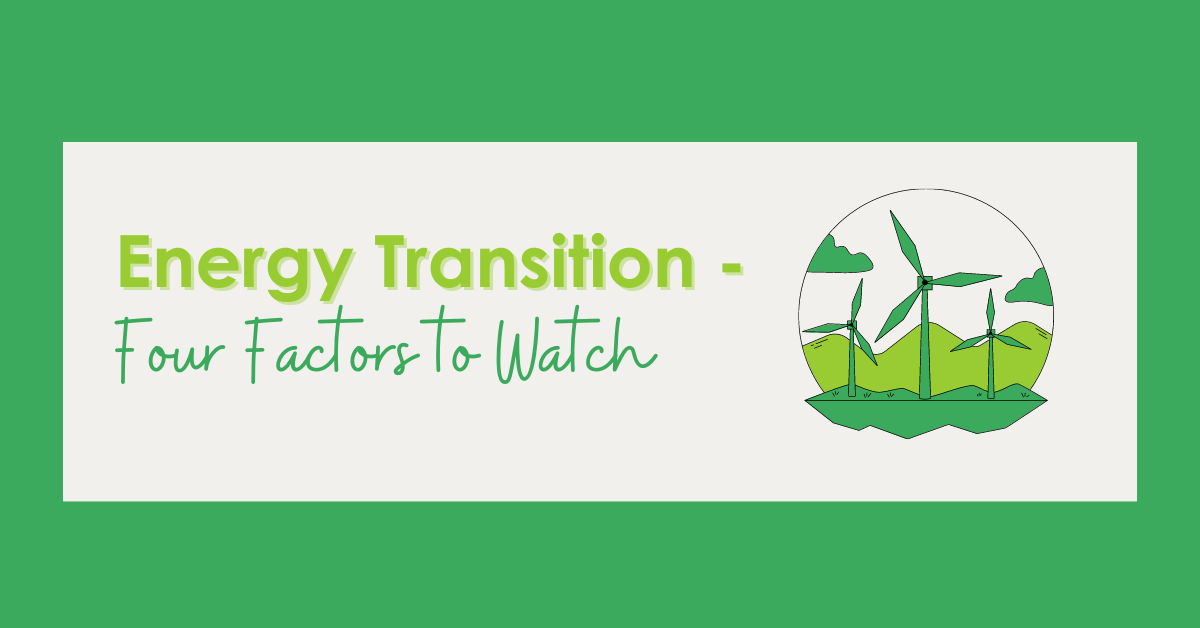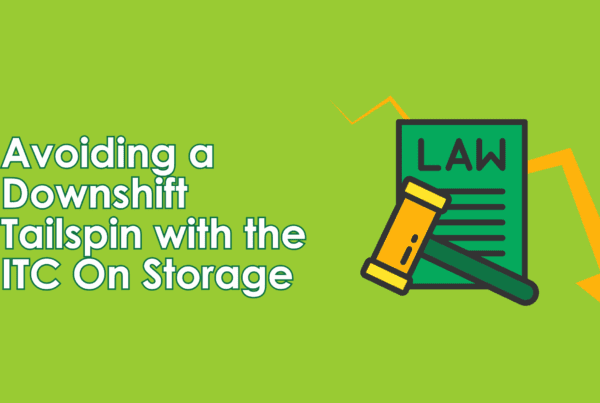
We open this week’s Energy Rant with a called shot. Michael and Chantell Sackett are enjoying fresh mulch provided by the SCOTUS as they sent the EPA’s interpretation of “navigable waterways” to the woodchipper as predicted here last October.
The energy transition is having problems, as this blog has often predicted. The message is hitting the mainstream. For example, last Friday, The Wall Street Journal featured three articles on the sputtering and wheezing transition in one edition. The first was global with the headline, Your Coming Summer of Blackouts.
Faulty Power Markets
Some things are working in reliability’s favor. The deluges of rain last winter along the west coast provided a lot of hydro energy for the summer. The Midcontinent Independent System Operator (MISO) has declared that there are adequate resources in the Midwest. Capacity prices plunged for this year’s planning resource auction. “Market participants delayed power plant retirements [coal] and made additional existing capacity available to the region, helping bolster MISO’s capacity supplies.” The MISO-North region has “1,960 MW of increased accreditation for gas, wind, solar and other resources in the summer season.” There is no breakdown of that 1,960 MW among the three sources. My guess is that solar and wind garner most of that added capacity.
However, low-capacity prices don’t necessarily mean there is an abundance. FERC commissioner James Danly recently testified, “In the midst of PJM’s dire warnings, somehow the prices in its procurement auction, at a time of impending scarcity, went down.” I suggest the recorded testimony here. The guy knows what he’s talking about – reality and not rah, rah – like this blog. His global message in the testimony is that the wholesale markets are failing. I agree.
In the same senate testimony, commissioner Mark Christie also blamed the energy and capacity market, “These markets – which are not really markets at all but administrative constructs with some market characteristics – were designed almost a quarter century ago for a different era with far different challenges than we face today. This is especially true of the capacity markets used in PJM and other eastern RTOs, as well as MISO.”
“The United States is heading for a reliability crisis. I do not use the term ‘crisis’ for melodrama, but because it is an accurate description of what we are facing.”
“The problem generally is not the addition of intermittent resources, primarily wind and solar, but the far too rapid subtraction of dispatchable resources, especially coal and gas.”
Well then, I am pleased to know that some people in positions of influence get it and agree with what I’ve been wailing about for years.
Inverter-Based Resources
The Wall Street Journal notes that solar panel inverters that convert generated direct current power to alternating current for the grid have caused problems. They quote NERC that solar plants have “exhibited systemic performance issues.” As I mentioned last week, overgeneration of renewable energy occurs when the minimum amount of spinning mass in the form of gas and steam turbines is insufficient for instantaneous response and grid stability. Chairman Danly confirms, “Spinning mass allows generators to ride through [instantaneous demand surges] more stably than inverter-based resources.”
Yokels Stonewall
The second Wall Street Journal entitled, ‘Over Our Dead Bodies’: Backlash Builds Against $3 Trillion Clean-Energy Push, describes how locals are fighting massive solar and wind farms and the required transmission systems. “County-by-county battles are raging as wind and solar projects balloon in size, edge closer to cities, and encounter mounting pushback in communities from Niagara Falls to the Great Plains and beyond.”
Wind farms could take longer to build and may be more expensive. I’ll say. One landowner in Kansas was offered $6,000 to run a transmission line across her farm and a bonus $4,000 if she’d accommodate a construction equipment staging area. What an eye-popper. I would tell them if they multiply that by ten, I might start to consider it.
Wisconsin communities are not being left behind as they fight big wind. Mari Machtan is an attorney representing landowners in Wisconsin. “I don’t think I’ve ever seen one [wind farm development contract] that was more imbalanced, unfair, or one-sided to the benefit of the company and to the detriment of the farmer,” Machtan said. I have seen plenty of contracts like that. However, we would really, really want a deal, whereas farmers and landowners do not. It’s not a good look for developers to come in and run roughshod over the yokels. Public opinion in this matter is like entropy. It is irreversible because it destroys trust that will never return.
Texas Awakens
The third Wall Street Article, Texas, a Clean-Energy Pioneer, Turns Against Renewables, describes, among other things, how Texas lawmakers are realizing that dispatchable thermal power plants are required. As FERC commissioner Christie noted, it’s not the expansion of renewables that will result in the United States “heading for a reliability crisis.” It is the thermal power plants they are pushing out of business that will cause the crisis. Essentially, renewable energy, via price distortions, is driving reliability to the brink, at least in regions with wholesale energy or capacity markets, like ERCOT-Texas.
It is ironic, although not cause and effect, that the buildout of renewables exploded with no government intervention other than investment tax credits and production tax credits. Central planning changed that fast, “The increasingly adversarial national politics of energy have crept in, too, as many Republicans bristle at President Biden’s climate policies. Renewables have ‘become a four-letter word,’ said James King, a landowner along the Pecos River in Val Verde County, where wealthy residents are pitted in battle against a planned wind farm.”
We’re Ready
My rendition of the Stones, “You can’t always get what you want,” would be “You can’t ever get what you want.” That is why I learned decades ago not to bother with policy and instead look downrange for the problems it will cause. There are two sides to everything. Problems create opportunities. Everyone knows reliability will be a colossal problem in the next decade and beyond. Everyone knows storage is required, and everyone knows lithium-ion is not the answer. Soon they will also realize that free is not free, as FERC Commissioner Danly described. We’re ready.




